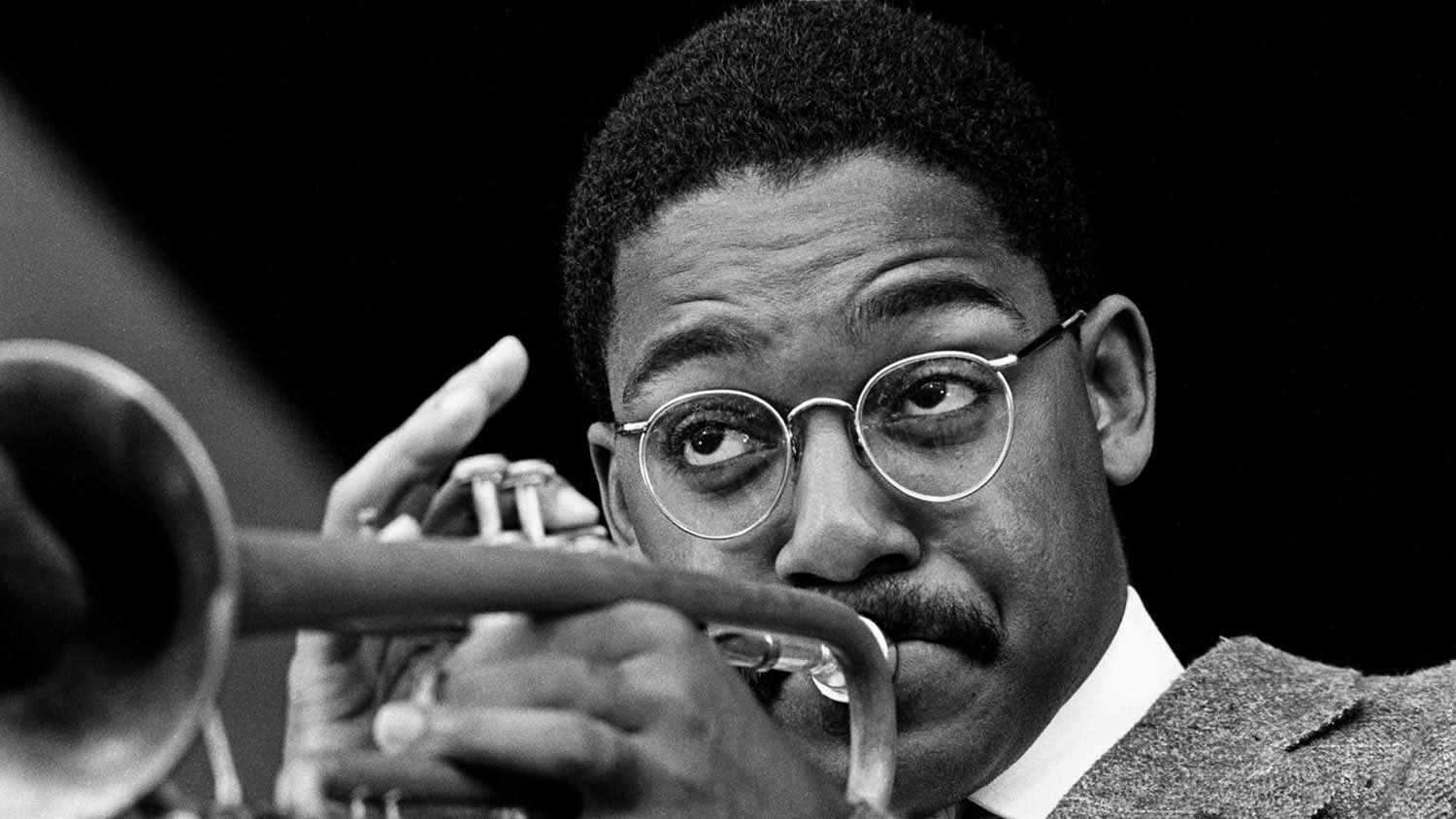

On 6 November, the London Symphony Orchestra under James Gaffigan presents the world premiere of Marsalis’s latest work: a fully scored Concerto in D composed for violinist Nicola Benedetti.

“If he keeps on, they’re going to fuck him up.” “They got Wynton playing some old dead European music,” he snarled in his autobiography. When Marsalis recorded the Haydn Trumpet Concerto in 1983, Davis reckoned he had marked his card. Davis believed that the music must regularly renew and work itself out through improvisation, as musicians inched towards fresh melodic, harmonic and rhythmic terrain experientially on the bandstand but Marsalis’s repositioning of jazz as formalised “classical” music implied that its once itchy evolution had stalled.īlowing his own trumpet … Wynton Marsalis performing with the Lincoln Center Jazz Orchestra. He suspected that Marsalis wanted to recast jazz as repertory music, which he perceived as sounding the jazz retreat. Davis was the musician who had impatiently shepherded jazz away from bebop towards giving birth to the cool from the jazz-rock of Bitches Brew to the volatile abstraction of an album such as 1976’s Pangaea.
#Wynton marsalis jazz free
In interview after interview, Marsalis laid it on the line: the fashion for underpinning jazz with rock backbeats robbed the music of its innate sense of swing, just as free jazz, he claimed, removed the music from its roots in the blues, producing sounds more allied to European modern composition. He’s still a nice young man, only confused,” Davis famously said. “I really liked Wynton when I first met him. As the trumpeter has since confessed, his intervention that night was motivated by anger Davis’s constant digs and snipes in interviews had got under his skin. Then up pops Marsalis, all sharp-tailored and cocky, like an extra from Bonfire of the Vanities. But Miles was Miles, and audiences, subliminally aware, perhaps, that his days were numbered (he died aged 65 in 1991), flocked to his concerts, to hear that trumpet sound. By the mid-80s, the free-form funk that had once defined Davis’s music had settled into a synth-driven jazz-pop, his setlists stuffed with tunes by Prince and Cyndi Lauper. In a moment of inexplicable madness, Marsalis’s apparent lofty arrogance and sense of entitlement are there for all to see.Īrticles critiquing Marsalis, the trumpeter and composer, often heralded as the most powerful man in American jazz today, tend to begin by recalling that sin of Marsalis’s youth as a guaranteed way of taking aim and drawing blood.Ĭomparisons between the battle-weary Davis and the oven-ready Marsalis are irresistible. What happened next – Miles swears at him like a trooper and Wynton makes a sharp exit – has, for many, became the defining image of Marsalis’s career. In June 1986, Wynton Marsalis and Miles Davis were booked to play at the inaugural Vancouver international jazz festival, when the 24-year-old trumpeter took it upon himself to gatecrash Davis’s gig, trumpet in hand and ready to play.


 0 kommentar(er)
0 kommentar(er)
